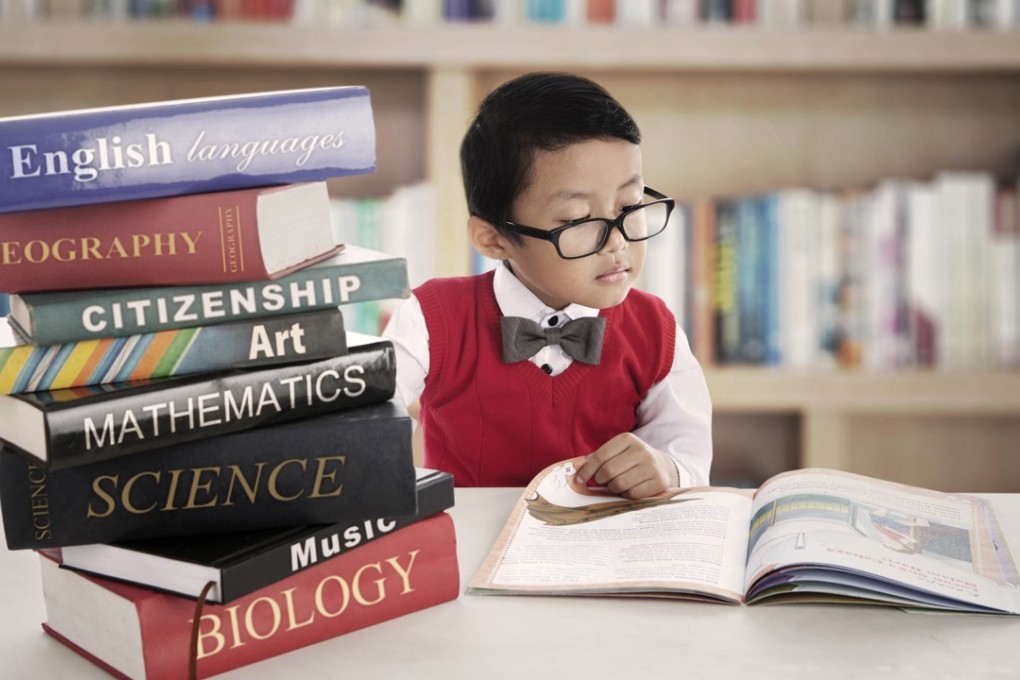Real-life learning the key to mastering a second language
Second language learners should grasp opportunities to use the language in authentic contexts

The pithy phrase “could do better” has adorned numerous report cards over the years, and many parents feel it may still apply to the teaching of second – and third – languages at international schools in Hong Kong.
At the outset, of course, the expectation is that students – and here we’re mainly thinking about those with an English-speaking background – will emerge at least functionally fluent in a couple more languages, if not completely bilingual or trilingual, after several years of secondary education.
But despite all the classroom hours, the end results somehow fall short. Students collect their exam passes and can claim a “working knowledge” of French, Spanish, German or Mandarin as they move on to new challenges. But deep down they know the level achieved has probably not equipped them to hold their own in anything more than day-to-day exchanges with a native speaker.
Vanessa Cheung’s experience is a case in point. She studied French and Mandarin at an international school in Hong Kong and has recently returned to the city after completing a master’s in psychology at University College, London.
She admits, though, that she would feel tongue-tied and a little flustered if asked now to converse with the locals in Paris or Beijing.
“I can understand Putonghua 100 per cent and read Chinese like a native,” says Cheung, who is from a Cantonese family and was educated in English from the age of six. “I’m just not confident when it comes to speaking. I don’t remember all the sounds because I don’t use them every day, and often the teachers just assumed you knew how to pronounce things without helping explicitly.